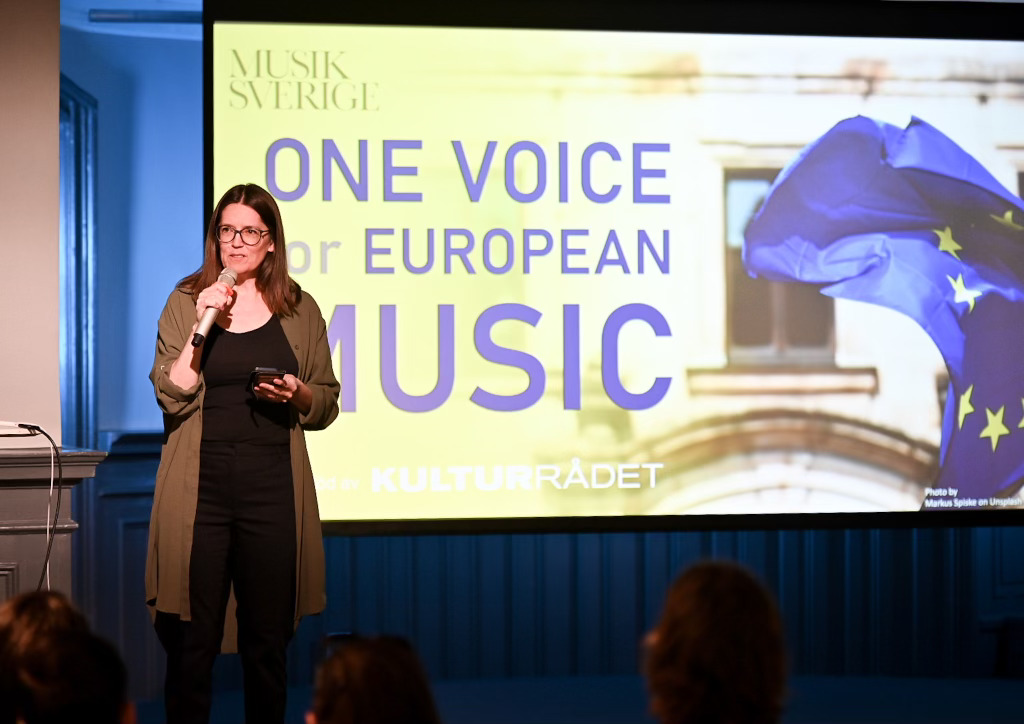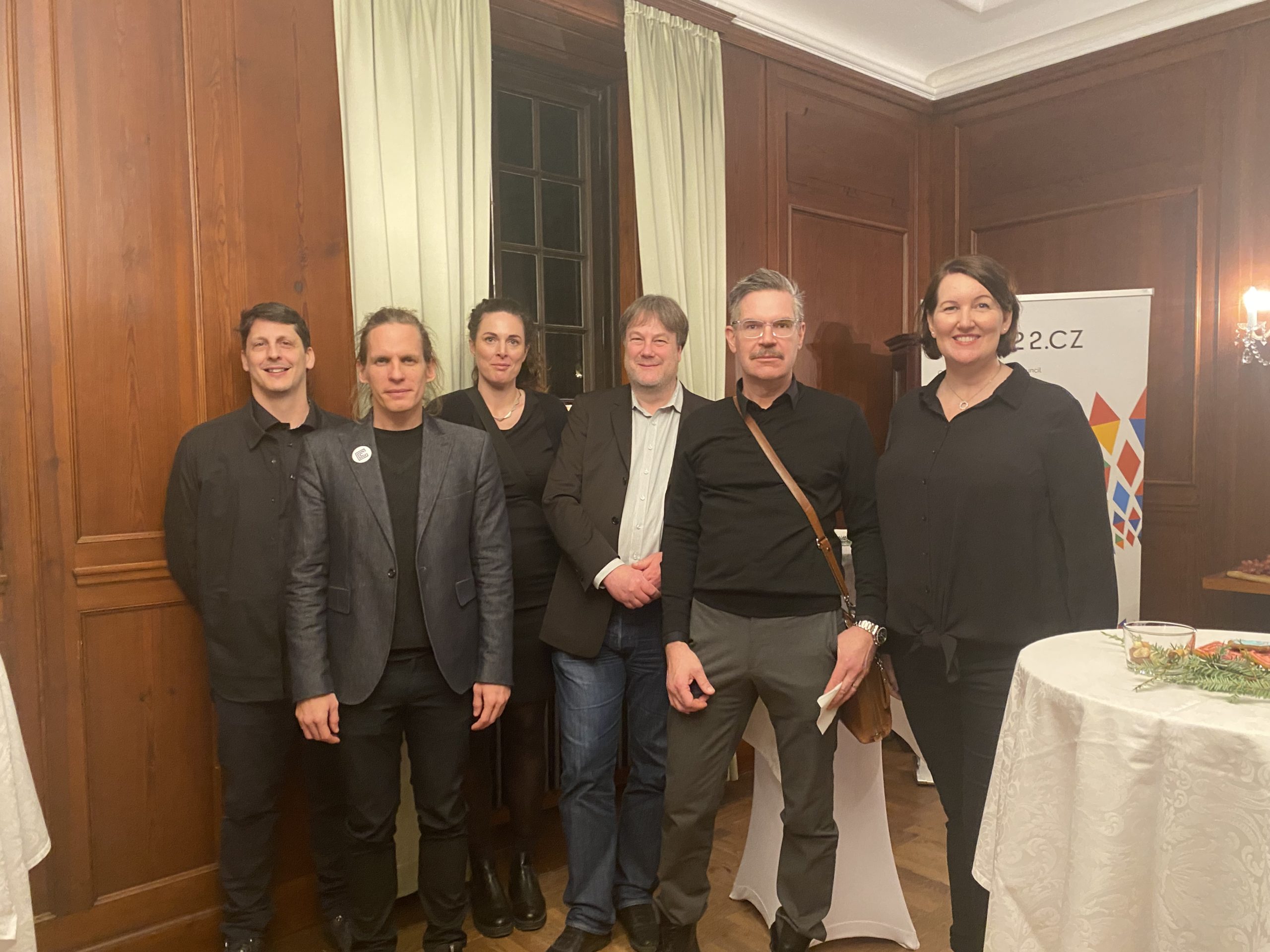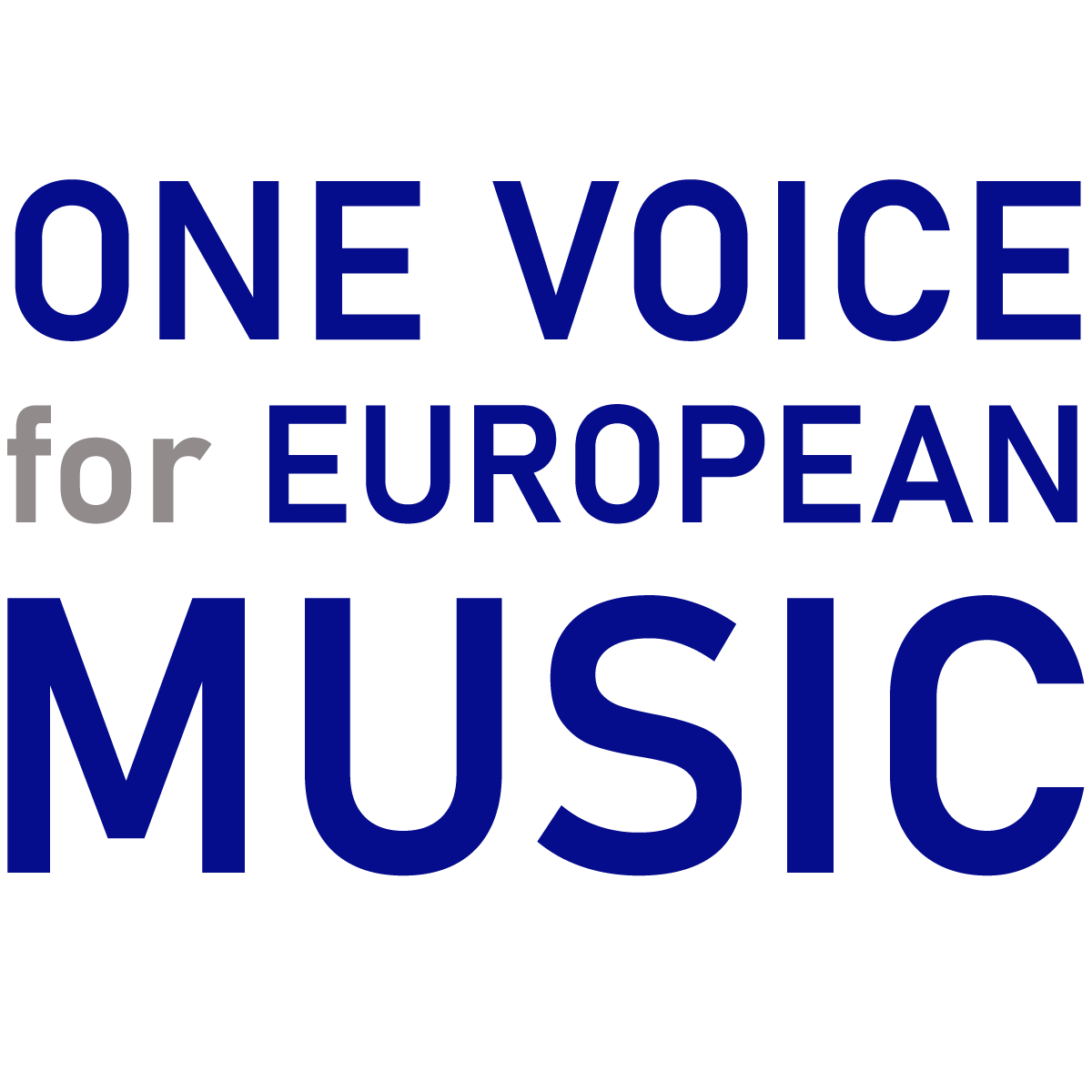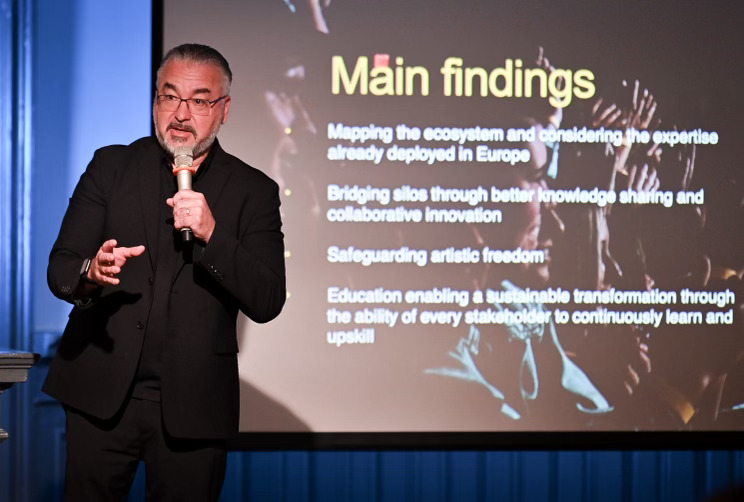One Voice under the Swedish presidency
APPROACH
After being lead by the CNM for France and SoundCzech, the Czech Music Office, for Czech Republic, the One Voice for European Music intiative was organised by Musiksverige in Sweden. Three different key topics where discussed during working groups gathering a range of swedish professionnals and artists:
- “A developed framework for mobility for the music industry in Europe” lead by Ludvig Werner (IFPI Sverige)
- “Enabling innovation, artistic freedom and sustainability” lead by Alfons Karabuda (Skap/Musiksverige)
- “An increased diversity and inclusion in the music sector” lead by Karin Inde (Musicsverige).
Three digital meetings per group were planned as follows :
- A main national round table discussion
- International participants is invited (2-3 selected per group). The first draft of the action plan is discussed with international perspectives.
- A publicly streamed round table discussion with the group with presentation of the developed draft, in-depth conversation and open for input from the audience
The results from the group discussions were presented as three (one per group) short and very concrete action plans toward the politics and the industry/sector itself. An event took place in May at Nalen to present the findings to all the stakeholders and the press. A presentation of the “One voice for European Music” initiative was made to the Cultural Comitee of the European Council at the end of the Swedish Presidency.
GENERAL RECOMMENDATIONS
A new set of recommendation was released from this work and are presented here under.
- Need the set up of an independant and ambitious European Music Observatory funded by the Creative Europe programme, and supported by EU Member-States, on a model comparable to what exists in the audiovisual sector to improve knowledge of the music sector on all issues, whether mobility, innovation or inclusion.
- Need for a suitable financial framework more adapted to the real challenges facing the sector in terms of mobility that need to be discussed dialogue between the music sector and regional, national and European institutions,
- Encourage a European model of innovation, based on sustainability and cooperation
- All these recommendations need to find the best balance between creating a culture of human connection and respect for the planet.
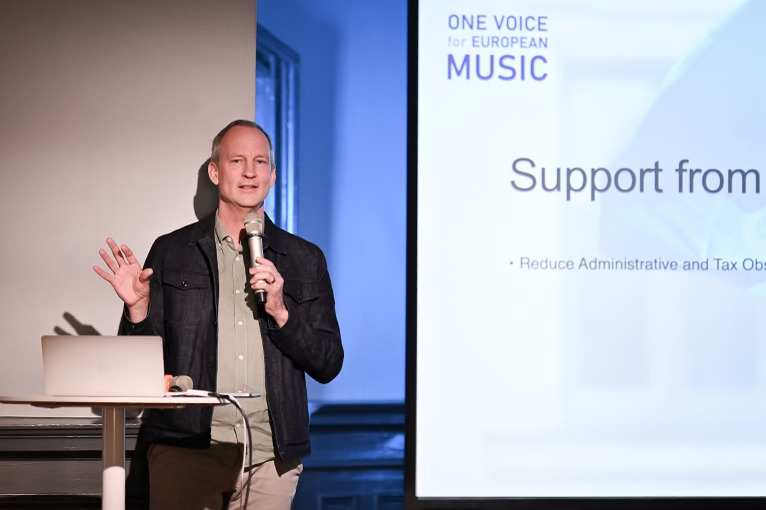
Supporting an appropriate framework for mobility
for pooling resources
- Need for resources on taxes and other administrative rules relating to mobility in the EU in order to develop a better understanding of this legal framework and encourage mobility within the EU.
- Capacity-building programmes to train European music players, particularly on subjects such as administrative and tax issues.
Better support from Member States for music export
- Need for greater support for Member States’ export activities and international meeting places. Export offices play a very important role in the mobility of artists. They are very active with little funding and a higher level of activity could be achieved with additional funding at national level.
- Member States should also support the development of international networking spaces for their professionals.
More flexible national visa regulations for guest artists
More flexible national visa rules would address the problems posed by bilateral agreements and reduce the additional costs incurred by European concert organisers when they wish to bring in artists from other countries outside Europe.
Enabling innovation, artistic freedom and sustainability
- Facilitate the sharing of knowledge between the music sector, the technological ecosystem and the research and innovation sector, and strengthening the training of music professionals in digital transformations.
- Foster Innovation driven by cooperation & experimentation and develop synergies in the way to manage & process ownership data workflow.
- Create dialog & a ground for future standards of right management in emerging digital formats & environment.
- Support and co-develop a European economic model for music with sustainable innovation, inclusion & fairness at its heart.
Increasing diversity and inclusion in the European music sector
- Develop a qualitative observation of how public broadcasters define diversity of musical expression and how it is presented to audiences, and highlight existing initiatives and platforms for inclusion and representation.
- Provide and share information and practices between Member States and to put in place a voluntary policy on the part of the European institutions.
- Implement public funding to support inclusion projects, such as targeted career programmes for under-represented groups.
